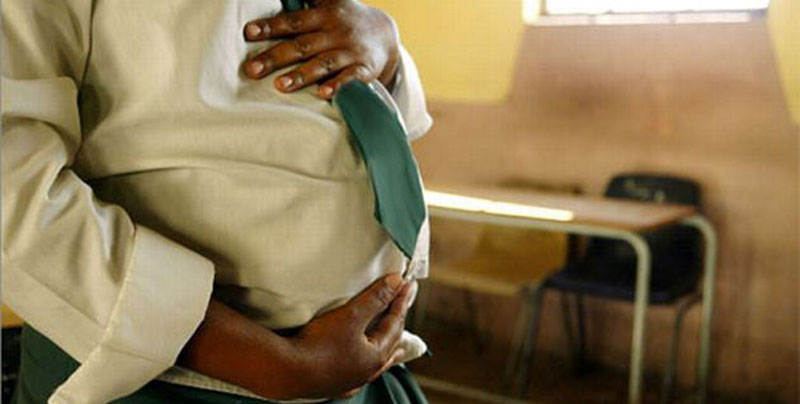Up to 60 percent of all pregnancies in Pallisa district happen among underage girls, a situation that has been blamed on the alarming levels of unmet needs for family planning among women and sexually active girls.
This is a worrying situation compared to the national figure of 25% of teenage pregnancies.
The revelation was made during events to mark the 2nd World Contraception Day with National celebrations held in the Eastern Uganda district last week.
According to the Health Ministry, up to 37% of girls and women in Pallisa do not get the contraception methods they need to stop them from getting unwanted pregnancies resulting into one of the highest levels of teenage pregnancies in the country.
But the situation is compounded by the high levels of poverty in Eastern Uganda and indeed in many rural areas of the country as well as deep-seated cultural and religious beliefs that discourage family planning.
Health officials in the district also blamed parents for failing to provide their children with scholastic materials which renders them easy prey to opportunists, as well as fathers for relegating their parenting roles to their wives.
“I would like to remind our people about the benefits of family planning and encourage the adolescents and teenagers to make family planning as part of their agenda for better future” said Dr. Godfrey Mulekwa, the Pallisa District Director of Health services.
Health officials also blame the high rates of teenage pregnancies on misconceptions about the different contraceptive methods.
But Pallisa’s figures also bring to light the gloomy picture of the high rate of teenage pregnancies among adolescents in the country which stands at 43% country-wide.
Teenage pregnancies, which are associated with high rates of maternal mortality and serious adverse health conditions such as fistula, are also a major reason behind Uganda’s rapid population growth. According to the latest Uganda Population Census, up to 1.2m babies are born in Uganda every year.
Uganda is also ranked as one of the countries with the highest teenage pregnancies in Africa with 25% female teenagers either pregnant or have already given birth by the time they turn 18 years.
In particular, Pallisa district has a contraceptive prevalence rate of 31% and unmet need of 37% which has led to the high rate of teenage pregnancy at 60%, unplanned and unintended pregnancies which are risk factors for maternal and infant mortality in Uganda.
Joyce Moriku Kaducu, State Minister of Health for Primary Health Care, the Guest of Honor at the celebrations noted that teenage pregnancies are a problem in Uganda and has been prioritized by Reproductive Health programs in the health sector. “Adolescents and teenagers are the future of this nation. We need to protect our children from getting pregnant at a young age and encourage them to stay in school and prioritize family planning for a better future,” Kaducu urged the public.
These alarming rates have prompted the health sector to join the rest of the world to mark the 2nd World Contraception Day with an aim of encouraging young people to put more focus on their future aspirations by avoiding interruption that may arise from an unplanned pregnancy early in their lives.
In an effort to reverse the worrying trend, the ministry of health, in collaboration with UNFPA started on a massive campaign under the theme “It is your life, take charge” to encourage young people to use available services plan for their future.
The ministry hopes to launch an ambitious scaling up of reproductive health awareness services to save millions of lives including 230,000 maternal deaths




